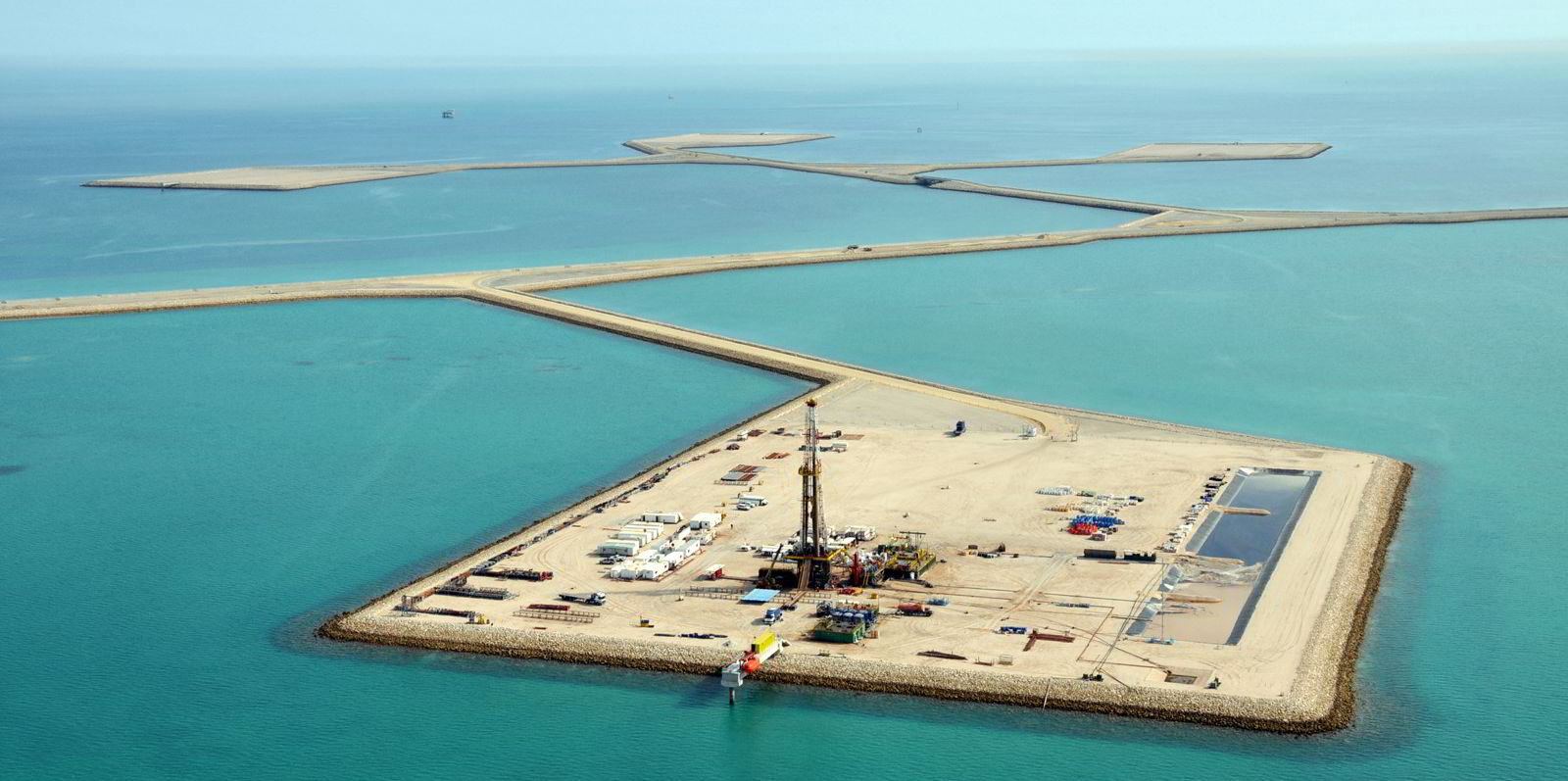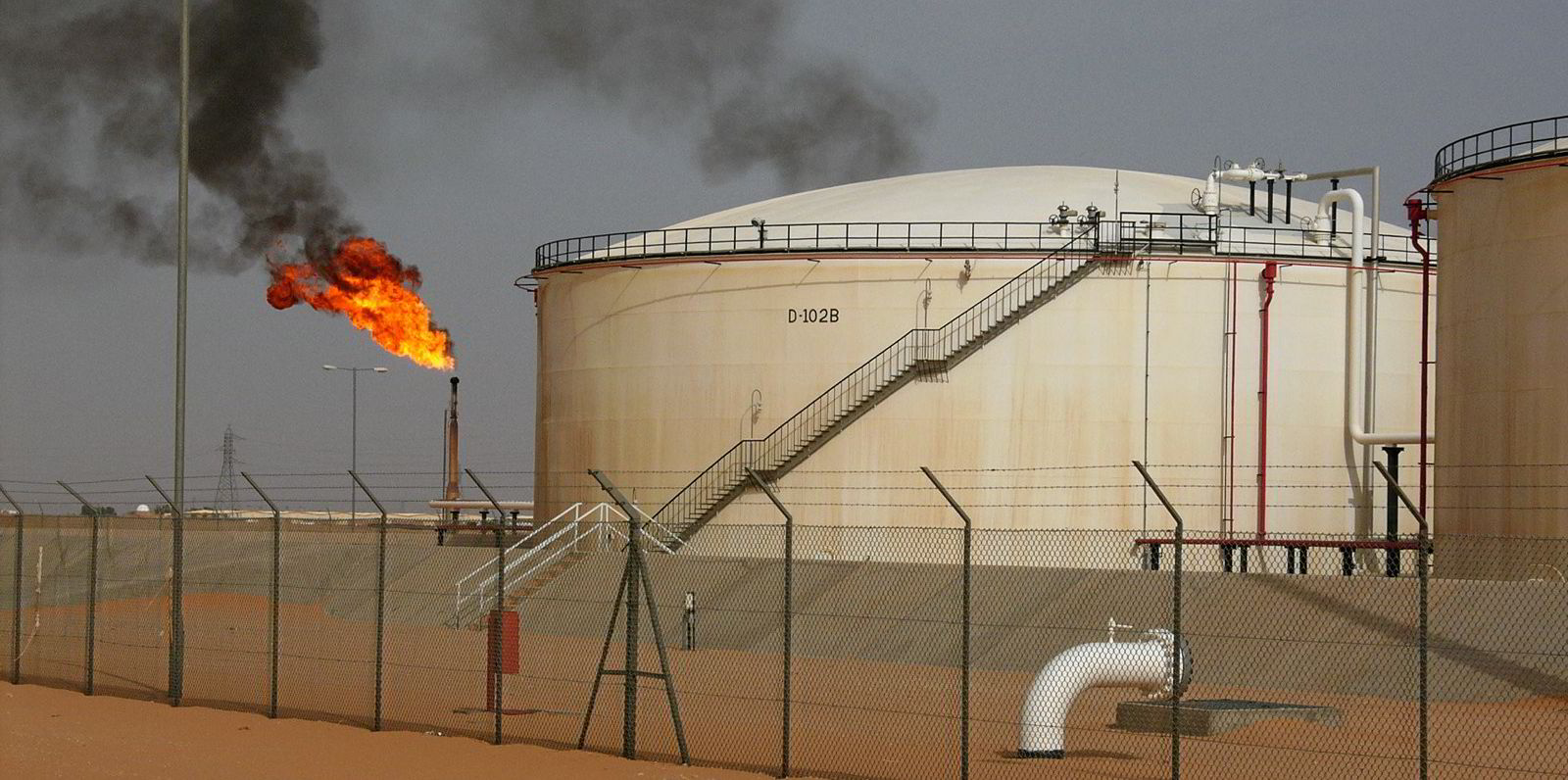Opec and its Russia-led allies agreed on Thursday to increase their crude output by a small amount from next month, providing a small boost to the depressed tanker market.
The group of major producers – known as Opec+ – will hike production by 500,000 barrels per day (bpd) and adjust their production level monthly from February onwards.
Tanker sources said the incremental volume will likely be shipped to consuming nations rather than enter floating storage, lifting tanker demand slightly.
“It’s marginally bullish…but no party for tanker owners,” said one of them. “I don’t think the barrels would be enough to lead to storage and create a stockbuild. They may lead to slower [oil] destocking.”
Another said: “I think the impact might be psychological…It’s sort of a symbolic increase.”
Spot tanker earnings have been generally below breakeven levels in recent months, plagued by limited shipping demand, continued newbuilding deliveries and tonnage released from floating storage.
According to brokerage Howe Robinson Partners, average VLCC earnings were $15,617 per day, suezmax were $5,502 and aframax were $3,601 on Thursday.
'Not bad news'
With weak oil demand during the coronavirus pandemic, Opec+ had reached a historic supply deal to reduce their combined crude output by 9.7m barrels bpd between May and July.
The major producers have hiked production by 2m bpd since August, and the output was originally scheduled to raise by another 1.9m bod from January.
But some Opec+ members were worried that such a hike would result in severe oversupply, given that European oil demand remains weak amid renewed lockdown measures. Some wanted to raise output for more oil revenues.
Eventually, they settled on a compromise deal during this week’s meetings and decided to adjust future output monthly based on oil market conditions.
“In front of a no-deal a small increase is not bad news after all,” consultancy Rystad Energy senior oil markets analyst Paola Rodriguez Masiu said.
“By only agreeing upon January’s production levels, the alliance now has some time to see if vaccinations will ease the oil demand destruction and speed up the recovery.”
With hopes of mass vaccination in the coming quarters, some analysts believe oil stocks could be drawn down quicker on a strong, sustainable recovery from the second half of next year.
This suggests tanker owners may face another six to 12 months of market downturn, with shipping demand only expected to recover when oil destocking completes, according to the tanker sources.
“For the tanker market to see a sustainable improvement, you probably need to look well into the second half of next year,” one of them said.






